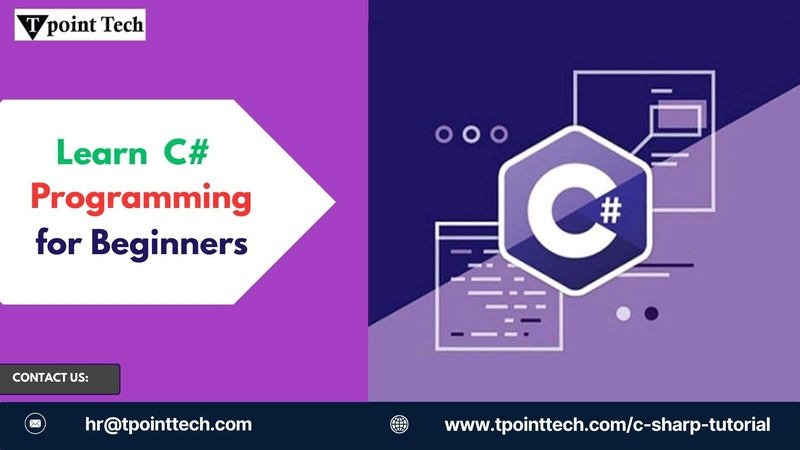As a .NET developer, I’ve come to appreciate how small coding decisions can ripple into significant performance impacts. Today, let’s unpack boxing and unboxing—subtle operations that balance convenience with efficiency.
What are Boxing and Unboxing?
Boxing
Boxing is the process of converting a value type (such as an intor struct) into a reference type (object). This operation involves:
1.Heap Allocation: Allocates memory on the heap.
2.Data Copy: Copies the value type’s data from the stack to the heap.
3.Reference Creation: Creates a reference to the new heap-allocated
object..
Unboxing
Unboxing is the reverse process—extracting the value type from the heap-stored object back to the stack. Key points include:
1.Explicit Casting: An explicit cast is required, for example (int)boxedNumber.
2.Type Safety: Incorrect casts result in an InvalidCastException.
Why Should You Care?
Boxing and unboxing introduce several performance overheads:
- .Memory Pressure: Heap allocations increase garbage collection workload.
- .CPU Cost: Copying data between the stack and the heap consumes extra CPU cycles.
- .Type Safety Risks: Unboxing mandates precise casting, increasing the risk of runtime exceptions.
Code Example
// Value type on the stack
int number = 42;
// Boxing: converting int to object (heap allocation)
object boxedNumber = number;
// Unboxing: extracting int from the object (requires explicit cast)
int unboxedNumber = (int)boxedNumber;The Danger Zone
// Incorrect cast: throws InvalidCastException!
double invalidUnbox = (double)boxedNumber;Best Practices to Avoid Unnecessary Boxing
- Prefer Generics Over Non-Generic Collections
// Using ArrayList causes boxing
ArrayList list = new ArrayList();
list.Add(42); // Boxing happens here!
// Using List avoids boxing
List genericList = new List();
genericList.Add(42); // No boxing occurs- Avoid Object Parameters
Avoid passing value types as
objectin performance-critical code.
3.Be Cautious with Interfaces
Casting a value type to an interface (e.g., IFormattable) will trigger boxing.
Performance Impact
In a loop of 10 million iterations:
- Without boxing: ~50 ms
- With boxing: ~500 ms (10x slower!)
Tools like BenchmarkDotNet or the IL Disassembler can help identify hidden boxing in your code.
Have you encountered unexpected boxing/unboxing issues?
What strategies do you use to minimize heap allocations?
Any war stories or optimization tricks? Share below! 👇
